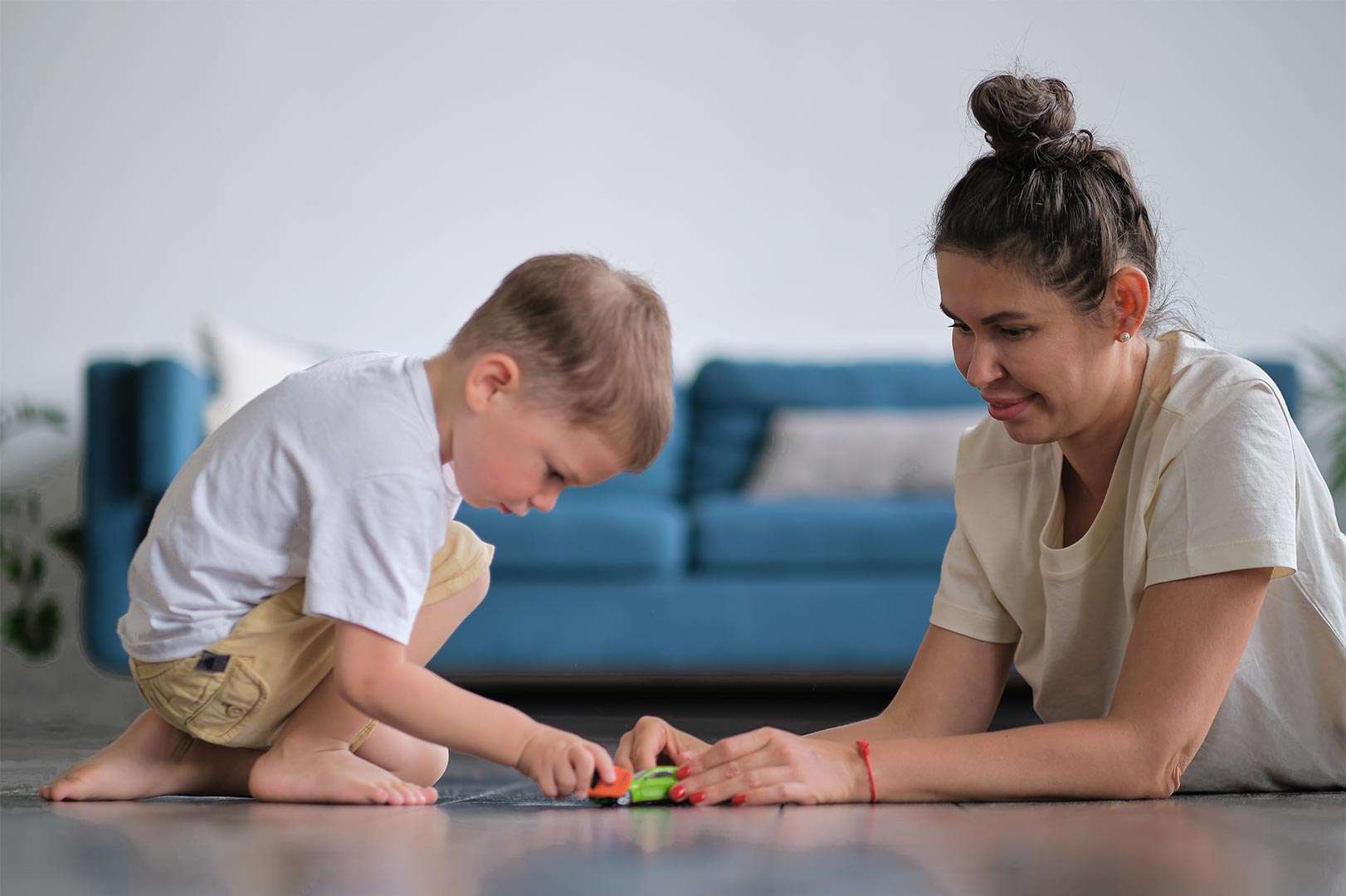The Early Start Denver Model (ESDM) is an intervention program designed to support the development of young children diagnosed with Autism Spectrum Disorder (ASD). Developed by Dr. Sally Rogers and Dr. Geraldine Dawson, ESDM emphasizes a play-based approach within natural routines to target core developmental areas. This blog post unpacks the core principles, implementation, and research findings surrounding ESDM for a more informed understanding.
Core Tenets of ESDM
ESDM draws upon two key areas of research:
- Applied Behavior Analysis (ABA): This approach focuses on breaking down complex skills into smaller, teachable components and using positive reinforcement to encourage desired behaviors.
- Developmental Science: ESDM acknowledges the typical developmental milestones of young children and leverages their natural interests to promote learning.
Implementation of ESDM
The program is typically delivered in one-on-one sessions with a trained therapist, although it can also be implemented in group settings. Here’s a glimpse into the core features of ESDM implementation:
- Individualized approach: Assessment tools are used to create a personalized learning plan that caters to each child’s unique strengths, needs, and interests.
- Focus on interpersonal engagement: ESDM prioritizes building positive relationships between the child and the therapist/caregiver. This is achieved through warm and responsive interactions during play activities.
- Joint activity routines: Activities are designed to follow the child’s lead while gently guiding them towards more complex social interactions and communication skills.
- Development of imitation skills: ESDM emphasizes fostering imitation through gestures, facial expressions, and object use. This helps children learn new skills and engage with their environment.
- Integration into daily routines: Therapists work with caregivers to incorporate ESDM principles into everyday activities like mealtimes, bath time, and playtime. This ensures consistent learning opportunities throughout the day.
Research on ESDM
Several studies have investigated the effectiveness of ESDM in improving outcomes for children with ASD. Research suggests that ESDM may lead to positive developments in:
- Language skills
- Social interaction
- Cognitive abilities
- Adaptive behaviors
However, it’s important to note that research findings can vary depending on factors like the intensity and duration of the intervention, as well as the specific characteristics of each child.
Considerations for Parents
If you’re considering ESDM for your child, here are some points to ponder:
- Age appropriateness: ESDM is typically recommended for children between 12 and 48 months old.
- Intensity and duration: The recommended dosage of ESDM can vary depending on the child’s needs. It’s crucial to discuss this with a healthcare professional.
- Qualified providers: Seeking therapists trained and certified in ESDM implementation is essential.
- Collaboration is key: Effective implementation often involves collaboration between therapists, caregivers, and other professionals involved in the child’s life.
ESDM offers a promising approach to early intervention for children with ASD. By incorporating principles of play, positive reinforcement, and individualized learning, ESDM aims to enhance a child’s overall development. If you’re exploring intervention options for your child, discussing ESDM with a healthcare professional or autism specialist can be a valuable step.
Find out if your child needs extra support today!
- My child screams hysterically
- My child is mean to other children
- My child is always worried
- My child is scared to go to school
- My child is scared of loud noises
- My child doesn’t know how to read
- My child is scared to play outside
- My child does not respond to his name
- My child always gets in trouble
- My child fights with other children
- My child doesn’t know how to count
If you are concerned about your child’s development, contact us for Assessments: Phone/Telegram: 077.455.993 – Telegram Link: https://t.me/OrbRom
If you are concerned about your child’s development, contact us for Assessments.
Phone/Telegram: 077.455.993 Link: https://t.me/OrbRom






Leave A Comment